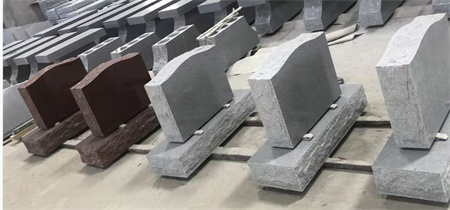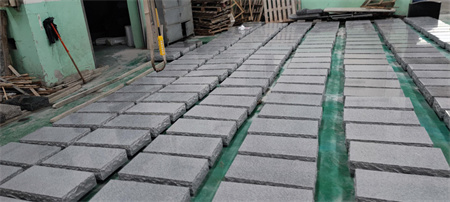Why Tariffs Don’t Always Mean Higher Granite Monument Prices
Why Tariffs Don’t Always Mean Higher Granite Monument Prices

When people think about tariffs, the immediate assumption is often that they’ll cause prices to rise. After all, tariffs are taxes imposed on imported goods, and it’s easy to assume that these added costs will be passed down to consumers. However, when it comes to granite monuments, the story is a bit more nuanced. Surprisingly, tariffs don’t always lead to higher prices for these durable and timeless memorials.
Granite, one of the most sought-after materials for monuments, is mined from quarries across the globe. While the imposition of tariffs on imported granite might seem like it would automatically raise prices, several factors play into keeping costs stable. The first factor is the global nature of the granite supply chain. Many countries, like India and Brazil, are major exporters of granite, and the market is highly competitive. Even with tariffs in place, suppliers may adjust their prices or seek new markets to offset the added costs. This global competition often keeps prices from spiking too dramatically.
Another factor is the nature of the granite industry itself. Monuments are a niche market, which means that manufacturers and suppliers tend to have long-term relationships with their customers. These relationships often allow them to absorb some of the additional costs brought on by tariffs, rather than passing them directly to consumers. Monument makers also tend to source materials in bulk, which means that a rise in price due to tariffs might be spread out over a long period or across multiple orders. This can prevent any sudden increases in the cost of a single monument.

It’s also worth noting that some monument businesses may source their granite locally or from countries with lower tariffs, which can further mitigate the effects of international trade policies. In many cases, domestic quarries produce high-quality granite that competes well in terms of price and quality, meaning that a rise in import tariffs might push consumers toward local alternatives rather than making imported granite more expensive.
While tariffs can sometimes affect pricing in certain industries, the granite monument sector’s structure allows it to absorb or adjust to changes in the cost of imported goods more easily than other industries. The end result? For many buyers, the cost of a granite monument remains relatively unaffected by tariffs, offering a level of pricing stability that might surprise those unfamiliar with how the industry works. So, next time you hear about a tariff on granite, don’t automatically assume the price of that memorial will skyrocket. The dynamics of the market often work in surprising ways.
